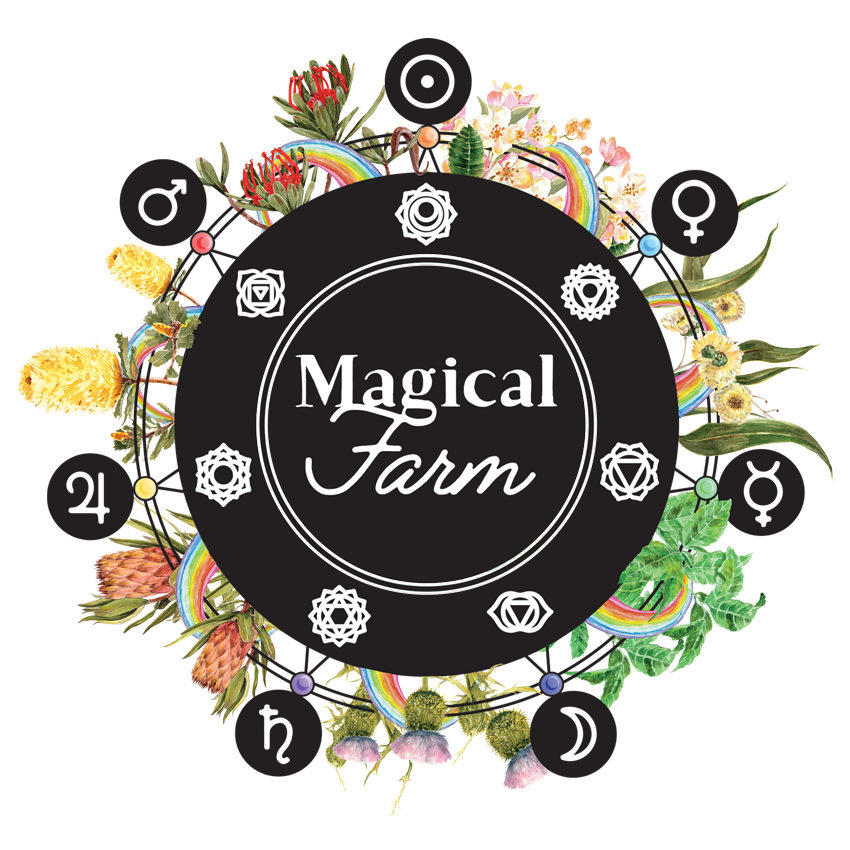by Dr. Demeter, Magical Farm Tasmania
A Poem to Begin
He came each week with bags of bread,
No trumpet sound, no words were said.
Just loaves for birds, for geese and hen,
And care unseen by policy men.
A quiet trade, a thread of grace,
The Bread Man’s gift to time and place.
For several years, a man has come quietly to share bread with my farm. He delivers bags of out-of-date bread, not for sale, not for waste, but for my chickens, ducks, and geese. His visits have become a gentle ritual, one of those small, consistent acts that knit together the fabric of community life.
This simple act such as bread for birds is more than just an exchange. It is a living expression of the circular economy in action. What would otherwise become landfill becomes nourishment. In turn, my animals fertilise the soil, lay eggs, and play their role in the symphony of regenerative farming. All of it kept in motion by a relationship, by trust and care.
But recently, I learned that the Bread Man’s family-run business is going under. Despite years of service, of quiet contribution to the community, there is no support. No government safety net. In fact, in some ways, the systems in place have actively made it harder for small businesses like his to survive.
While global corporations receive generous subsidies, navigate regulations with armies of lawyers, and get propped up in the name of “jobs,” small-scale, heartful businesses are folding. One by one. These are not merely businesses, they are stories and places of care. They are part of the hidden relational infrastructure that actually keeps life going.
Here, I think of Ivan Illich, who wrote of conviviality, not as a nostalgic return to the past, but as a radical reclaiming of tools, relationships, and knowledge systems that support human freedom and mutuality. Illich warned us decades ago that when tools, be they economic, technological, or institutional, cease to be convivial, they become destructive. They erode autonomy. They sever relationships. They make life harder under the guise of making it more efficient.
The Bread Man’s generosity is a convivial act. A countercurrent to the extractive logic of industrial food systems. He models what Illich called tools for conviviality: systems scaled to the human hand, embedded in relationships, rooted in place, and governed by mutual trust rather than distant authority.
The irony is painful: the very policies that claim to secure our futures are making it impossible for the people who actually care for life, be it through food, community, or craft to survive. Bureaucratic churn is replacing these beautiful human-centered businesses. Data replaces wisdom and compliance replaces care.
And so, this essay is a call: To bring relationships back into economics…To resist the seduction of streamlining and mechanisation and to honour the artisans, the growers, the givers, the oddballs, the ones who remember your name.
Let’s bring back the market stall, the hand-tool repairer, the baker who knows your bread. Let’s revive the practices that make life rich, not just efficient. The erosion of society is happening in these small disappearances. We must not sleep through it.
So here’s to the Bread Man!
And to every quiet contributor.
To those who still live and give with life.
May our choices, from where we shop to how we share, create a society that truly nourishes.
Not just profits, not just scale, but soul.



